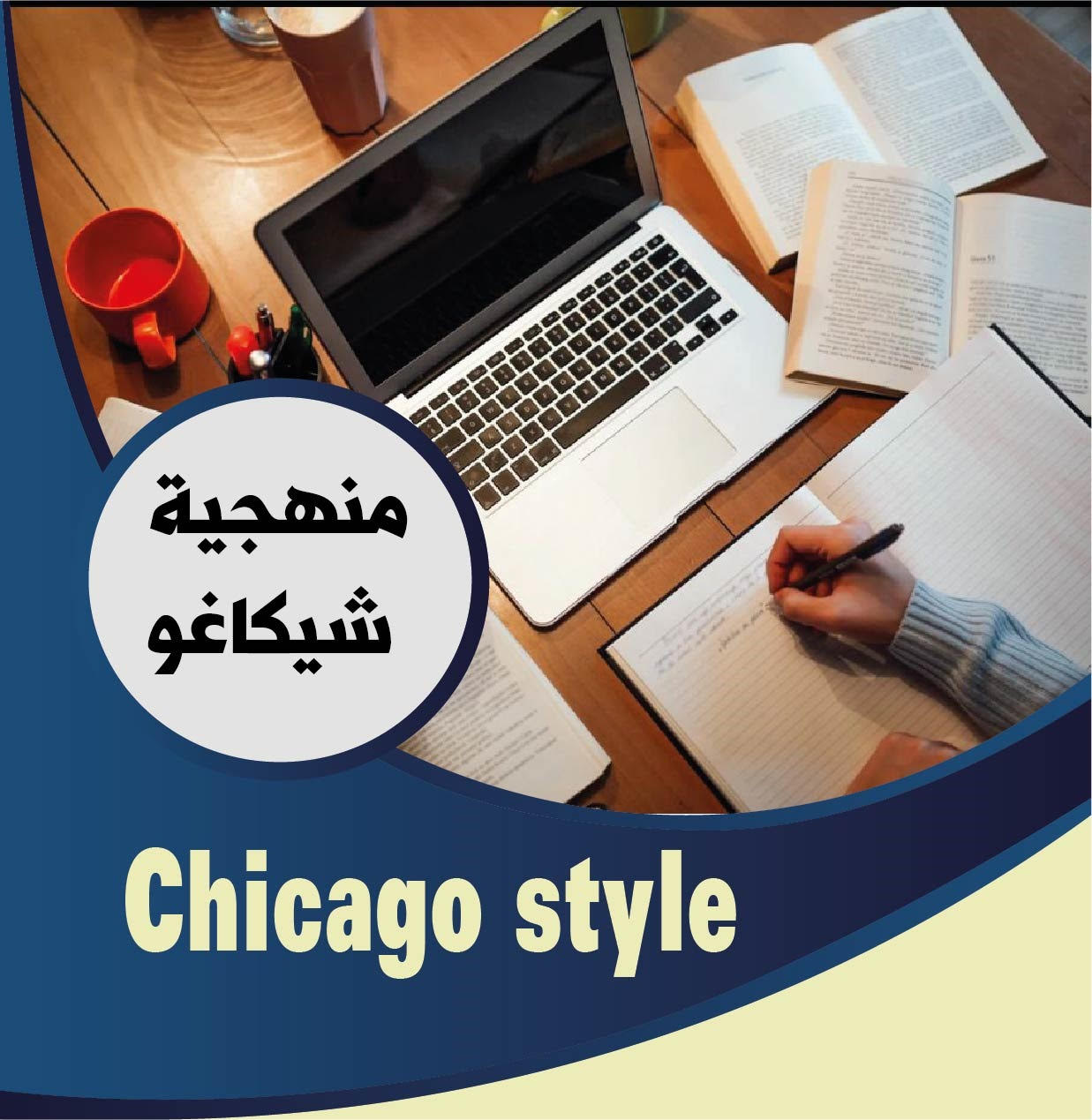التطرف والإرهاب الإلكتروني- وموقف القانون الدولي منهما
Abstract
Technological developments in social media resulting from globalization have been a major feature in the transformation of terrorist organizations, and the production of new types of terrorists and extremists who are able to interact with the information and communication revolution. Most of the terrorist crimes are linked to the Internet, which is the preferred theater for extremists. The first kills, and the second justifies, incites and recruits, which made the Internet an effective means because it is easy to use, quick to reach the public, cheap, and a free space without censorship of what is written and seen. Although cyber terrorism is one of the major threats to the security of the international community, the legal analysis of its international confrontation depends on the legal framework to confront terrorism and technological crimes in general. There is no clear international position, no legal controls or precedents that can be relied upon, or even a clear comprehensive international agreement about cyber security to criminalize extremist and terrorist social media users.











